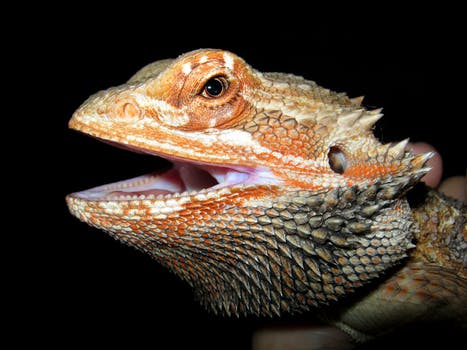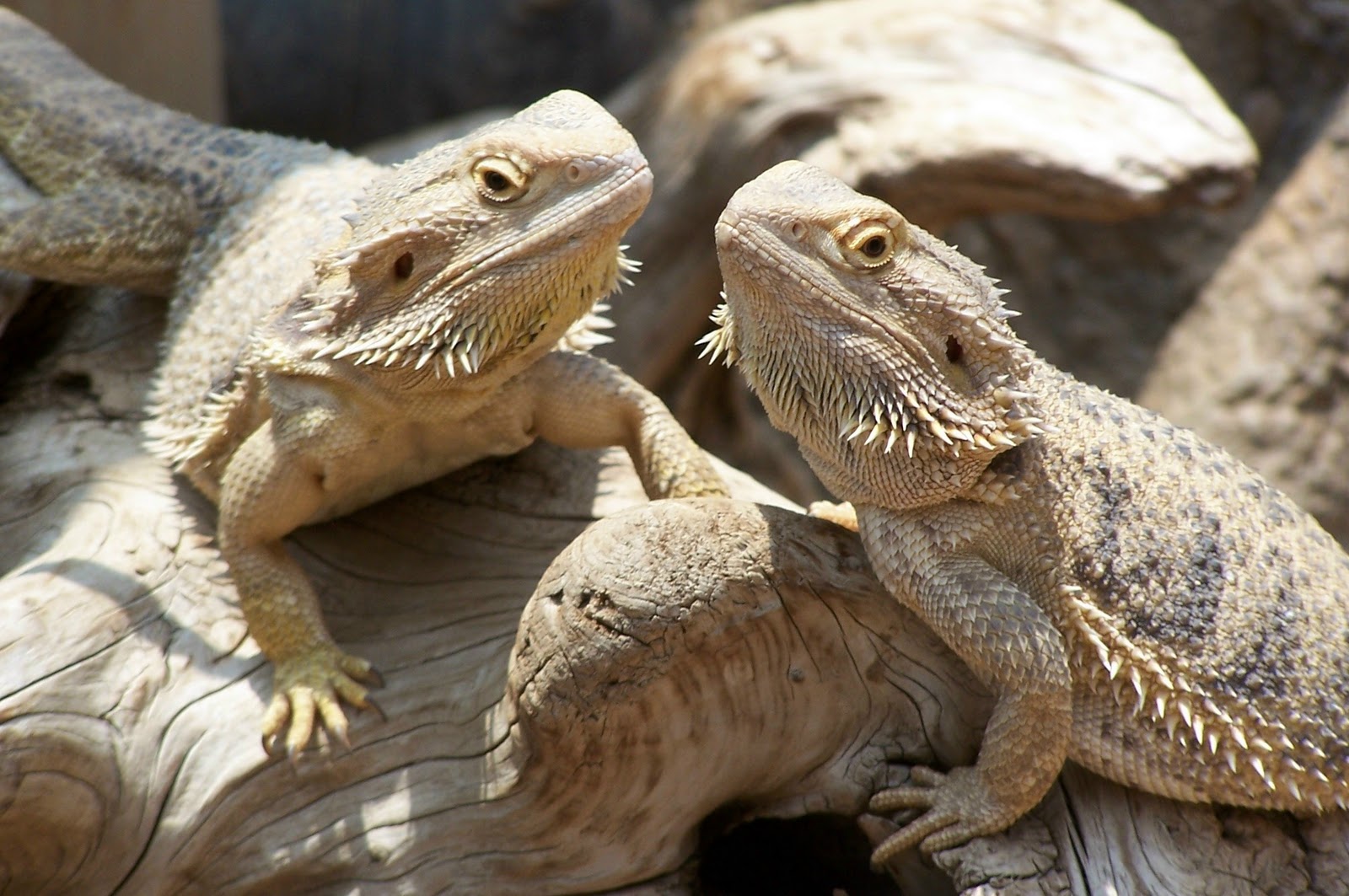Pygmy Bearded Dragon: The Ultimate Guide for Beginners
Meet the Pygmy Bearded Dragon
Are you considering getting a pet reptile, but unsure of where to start? Look no further than the pygmy bearded dragon! These small and fascinating creatures are perfect for beginner reptile owners. In this ultimate guide, we’ll cover everything you need to know about caring for your pygmy bearded dragon, including habitat, diet, behavior, and more.
Habitat and Environment
When it comes to creating the perfect environment for your pygmy bearded dragon, there are a few key things to keep in mind. First and foremost, they need a considerable amount of space. For one adult pygmy bearded dragon, a terrarium that’s at least 20 gallons is necessary.

In addition to adequate space, your pygmy bearded dragon’s terrarium should also include plenty of hiding places, branches for climbing, and a basking spot. A basking bulb and UVB light should be used in conjunction to provide a natural day and night cycle for your pet.
Diet and Nutrition
Pygmy bearded dragons are insectivores and require a varied diet of insects, such as crickets, mealworms, and occasionally waxworms. It’s important not to feed your pygmy bearded dragon wild-caught insects as they may be carrying parasites or pesticides. You should also make sure to gut-load your insects with nutrient-rich food before feeding them to your pet.

In addition to insects, pygmy bearded dragons can also be fed fruits and vegetables as treats. However, these should be given in moderation as they are not a significant part of their diet.
Behavior and Temperament
Pygmy bearded dragons are generally a calm and docile species of reptile, making them perfect for beginner owners. They enjoy climbing and basking in the sun, but also require a hiding spot to retreat to when they feel threatened. While they are not social animals, keeping two pygmy bearded dragons together can be done as long as they have adequate space and are of similar size and age.

It’s essential to handle your pygmy bearded dragon regularly so that they become comfortable with you. However, it’s crucial to remember that they are still wild animals and can become stressed if handled too much.
Health and Care
Pygmy bearded dragons are relatively easy to care for, and with proper care, they can live up to 15 years in captivity. To maintain their health, make sure their terrarium is kept clean and has adequate humidity levels. A shallow water dish can also be provided for them to soak in when they need to hydrate themselves.

If you notice any signs of illness, such as lethargy, loss of appetite, or abnormal behavior, it’s vital to take your pygmy bearded dragon to a veterinarian who specializes in reptile care.
Conclusion
In conclusion, pygmy bearded dragons are an ideal first reptile pet for beginners. They are easy to care for, have fascinating behavior, and don’t require as much space as other larger species of reptiles. If you’re considering getting a pet reptile, look no further than the pygmy bearded dragon!

